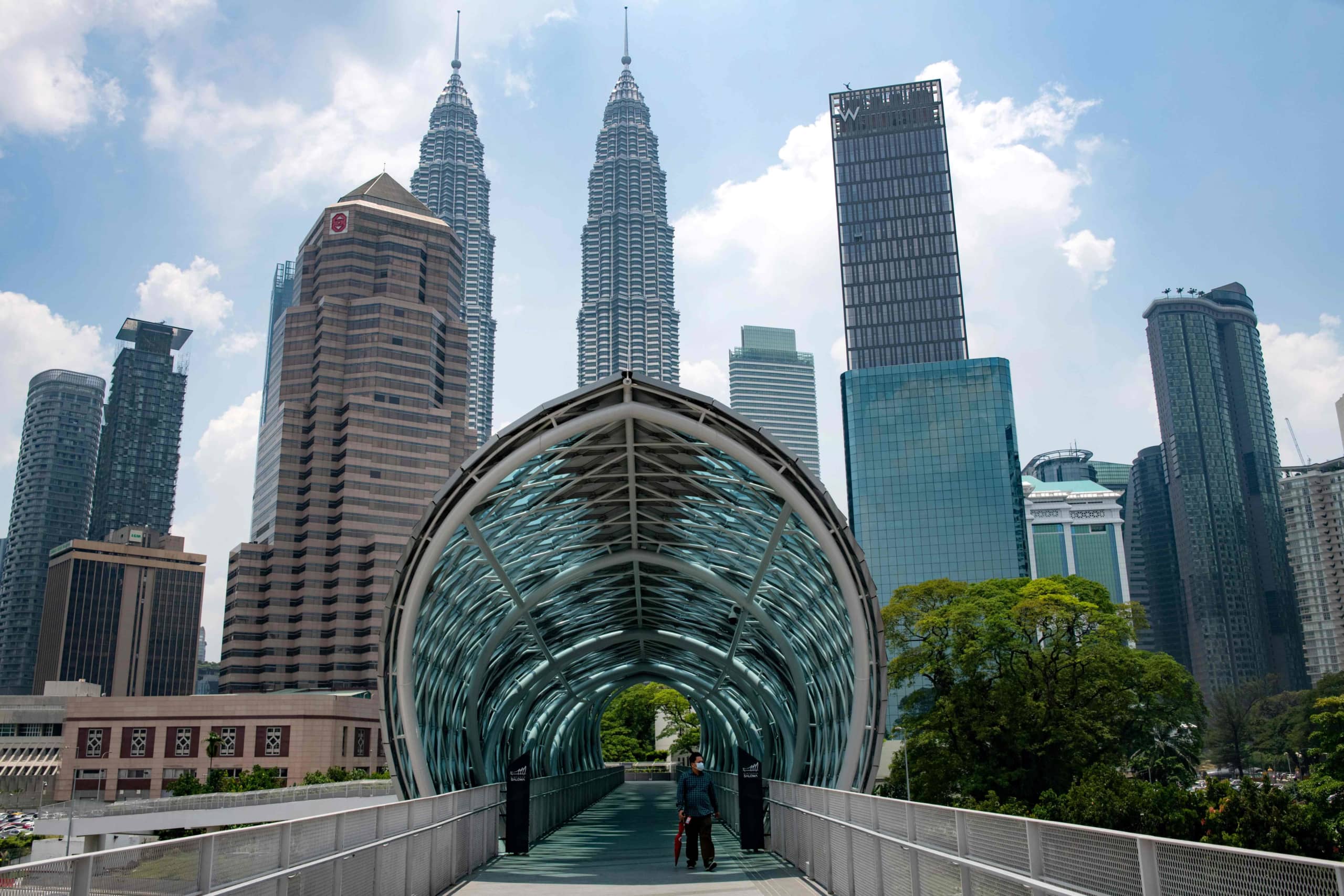GIVEN the systemic problem affecting the economy, it would be logical to see Malaysia hit by inflation the most with gegenpressing.
This is because the onset of inflation triggers “natural selection” in the global real economic sector — the strong economies/businesses become weaker, and the weak ones leave the market leading to more shortages and supply-chain disruptions and further inflation.
Furthermore, for weak economies, the spillover effect of monetary tightening by advanced economies triggering capital outflows and pressure on the exchange rate is multiplied by general investors’ disinterest due to poor and shallow industry development.
The outflow of capital from the economy highly dependent on export, especially for essentials such as food, exacerbates inflation.
Worse else, the Government’s addiction to deficit spending may see inflation as a handy tool to dilute the ballooning national debt.
Yet, Malaysia’s inflation is “miraculously” reported to be only 2.3% which raises serious questions to completely opaque methodology used to calculate it and also the ways it is managed.
Meanwhile, to credibly address the inflation problem, the Government should put forward a two-pronged strategy which are:
1) Temporary emergency measures (short-term),
2) Strategic course for strengthening the country’s economy (long-term).
For the temporary measures, EMIR Research would like to propose the following, in addition to currently rightfully implemented targeted subsidies and freezing of approval permits (AP) for imports:
- Resist the urge to increase the overnight-policy (OPR) rate. The credit rate that makes it difficult to work out the borrowed capital amidst sluggish economic conditions will take out more money from the realm of capital investment into the sphere of liquidity. Naturally, therefore, there will be even more inflation.
- However, should the Government see the absolute necessity to increase the OPR, the important economic sectors must be shielded from such a drastic measure. It is critical to control credit expansion for consumption and speculation versus capital credit which can take the economy out of the drain in the current situation.
- Support small farm holders through grants, preferential and/or subsidised loans, reduced taxes, subsidised raw materials etc — all the necessary conditions for the profitable operation of these enterprises in a crisis (see the earlier publication by EMIR Research “4IR enabled farmers: Solving national food security” and “Cultivating community farming culture into the current production ecosystem” for more detailed recommendations).
- Control the export, especially for the price-controlled items, as these can be used in speculative activities (buy cheap in Malaysia and export abroad). The risk of these activities is more so real in a corruption-ridden country.
At the same time the long-term measures must include:
- Focus full speed on import substitution as this is the only way to increase industry depth and breadth and dampen the inflation even with constantly expanding money stock. This will urgently require, among other things, serious education reform as a long-term measure and brain drain reversal as the short-term to medium-term measure.
- Specifically for the food industry, reinvigorate Universiti Putra (Pertanian) Malaysia as the flagman to drive modern farming innovation and make agriculture attractive and “sexy” for the youth again (majority of whom are currently unemployed and underemployed). 4IR solutions are known to nearly eliminate risk while increasing productivity in agri-business which would naturally push food prices down.
- Focus full speed on massive integration of 4IR solutions across the industries. The economies championing 4IR are known to observe such a phenomenon as tech deflation when 4IR solutions, through increased efficiency, exert intense downward pressure on prices.
- Revise the budgetary policy of the state to reduce the expenditures and increase the revenue side of the budget, which may include, among other measures, freezing white elephant projects, reducing the bloated public sector, eliminating corruption etc. One powerful way to achieve all of these is through implementing the input-output-outcome-impact (IOOI) framework for budget and at every level of Government administration (see the earlier publication by EMIR Research, “Recalibrating National Budget – Eradicating Leakages and Corruption” for detailed explanation).
The urgent anti-inflationary measures will only slow down the national currency depreciation rate but would not lead the country out of the crisis. Therefore, a credible long-term solution requires a strategic reset. And until this is done, Malaysia is undoubtedly “heading in the right direction”, but only on the way to becoming another Sri Lanka, albeit a little later.
Dr Rais Hussin is President and CEO at EMIR Research, an independent think tank focused on strategic policy recommendations based on rigorous research.
The views expressed are solely of the author and do not necessarily reflect those of Focus Malaysia.









